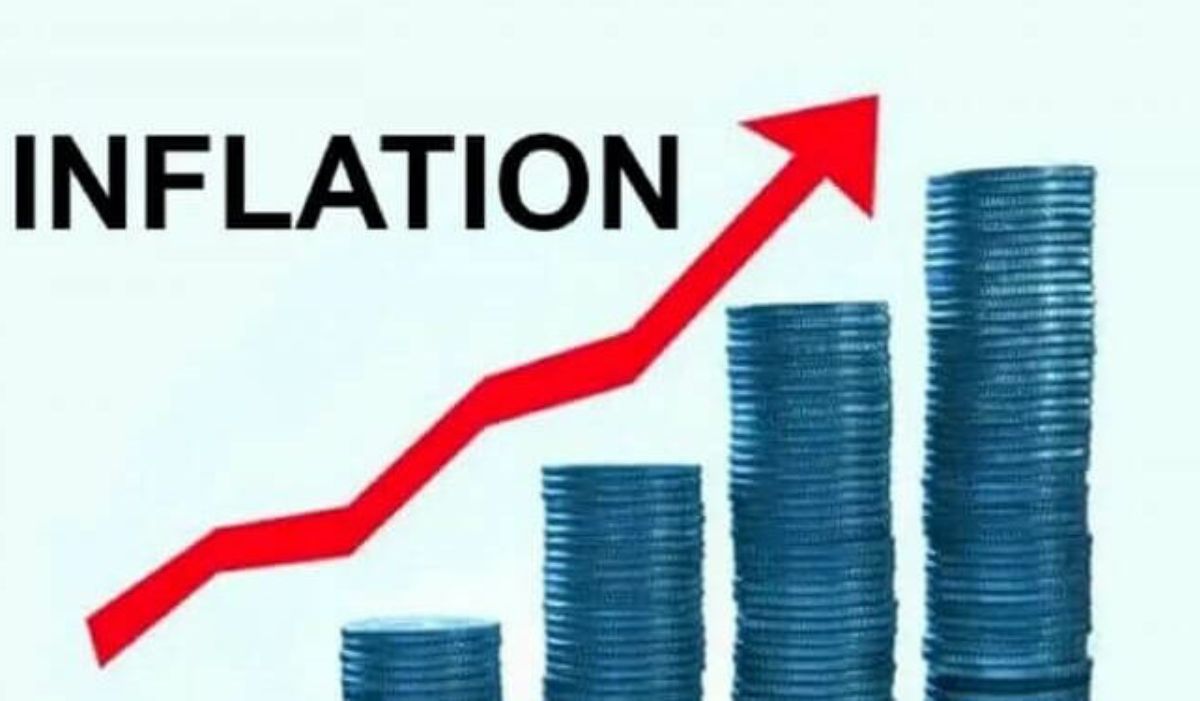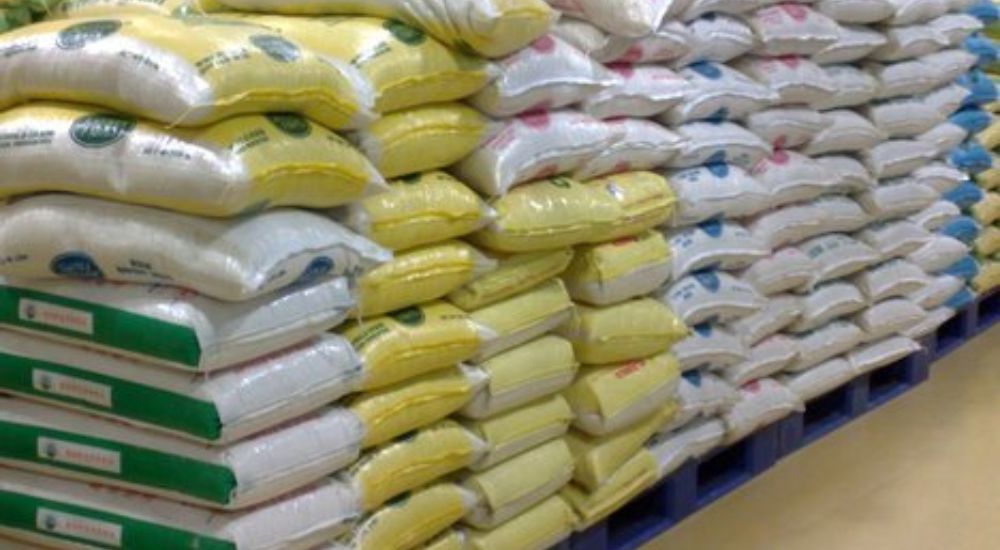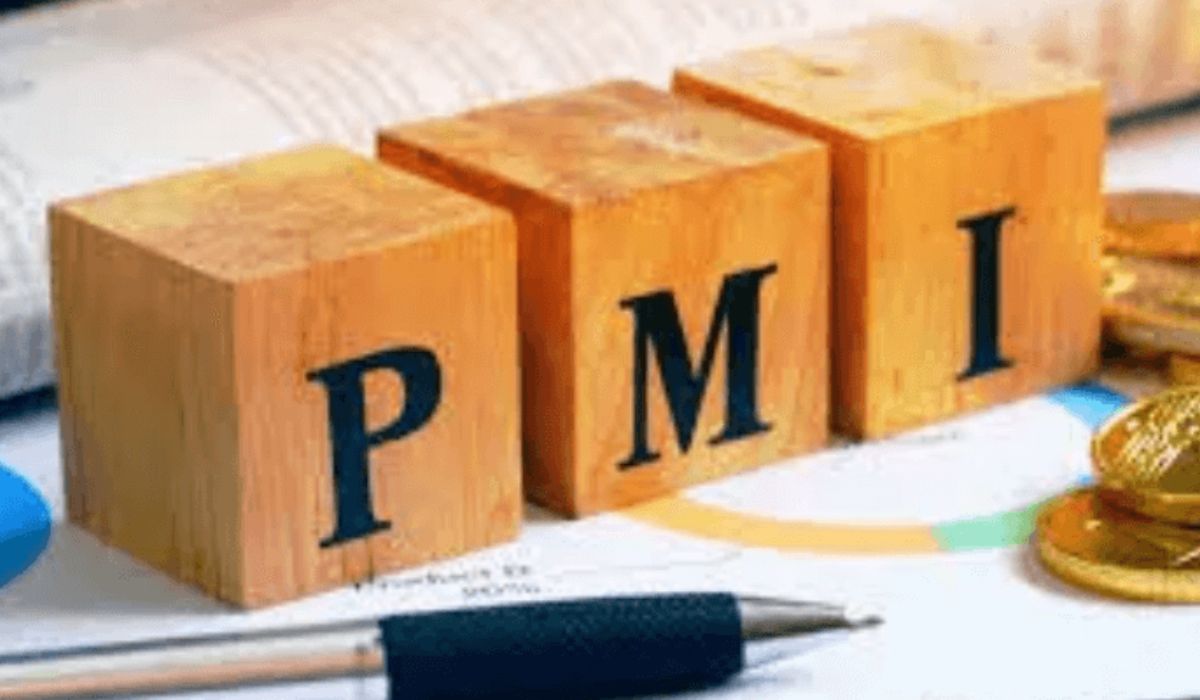Nigeria’s Inflation Rate Eases to 23.71% in April 2025

Nigeria experienced a slight decrease in inflation to 23.71% in April 2025, dropping from 24.23% in March, according to the latest National Bureau of Statistics (NBS) report released yesterday.
This modest 0.52 percentage point reduction offers some relief amid ongoing economic difficulties and rising living costs across the country.
The NBS report stated:
“On a year-on-year basis, the headline inflation rate was 9.99 percentage points lower than the 33.69% recorded in April 2024. This shows that the year-on-year inflation rate decreased in April 2025 compared to the same period last year, though based on a different reference year (November 2009 = 100).”
Monthly inflation figures showed more significant improvement, with April’s month-on-month rate at 1.86%, substantially lower than March’s 3.90%, representing a 2.04 percentage point decrease. This suggests a slowdown in the pace of price increases compared to the previous month.
Core inflation, which excludes volatile agricultural products, registered at 23.39% year-on-year in April 2025, showing a 3.45 percentage point reduction from the 26.84% recorded in April 2024. The monthly core inflation rate fell to 1.34% in April from 3.73% in March—a considerable 2.39 percentage point decrease.
Looking at the broader trend, the twelve-month average inflation through April 2025 was 24.91%, exceeding the previous year’s average of 22.84% by 2.07 percentage points.
The data reveal distinct patterns between urban and rural areas. Urban inflation reached 24.29% year-on-year, substantially lower than April 2024’s 36.00%. Every month, urban inflation declined to 1.18% in April from 3.96% in March. The twelve-month urban inflation average stood at 30.41%, marginally higher than April 2024’s 30.02%.
In rural areas, inflation measured 22.83% year-on-year, down 8.81 percentage points from 31.64% in April 2024. Monthly rural inflation was 3.56%, a slight reduction from March’s 3.73%. The twelve-month rural inflation average was 26.29%, just below the previous year’s 26.38%.
Food inflation showed notable improvement at 21.26% year-on-year, significantly lower than April 2024’s 40.53%. The NBS attributed this sharp decline primarily to methodological changes affecting base-year calculations. Monthly food inflation decreased slightly to 2.06% in April from 2.17% in March, with price reductions observed in essential food items, including maize flour, wheat grain, dried okro, yam flour, soya beans, rice, bambara beans, and brown beans.
Economic experts had anticipated this moderate inflation decrease. Damilare Asimiyu, Head of Research at Afrinvest West Africa, explained to Nairametrics:
“April 2024 marked a significant inflationary peak. On a year-on-year basis, this will create a downward bias even if prices continue to trend upward every month.”
According to the NBS report, the primary contributors to headline inflation on a year-on-year basis were:
- Food & Non-Alcoholic Beverages (9.49%)
- Restaurants and Accommodation Services (3.06%)
- Transport (2.53%)
- Housing, Water, Electricity, Gas & Other Fuels (2.00%)
The Central Bank of Nigeria (CBN) will likely consider these latest inflation figures during its upcoming 300th Monetary Policy Committee meeting, scheduled for next week.


